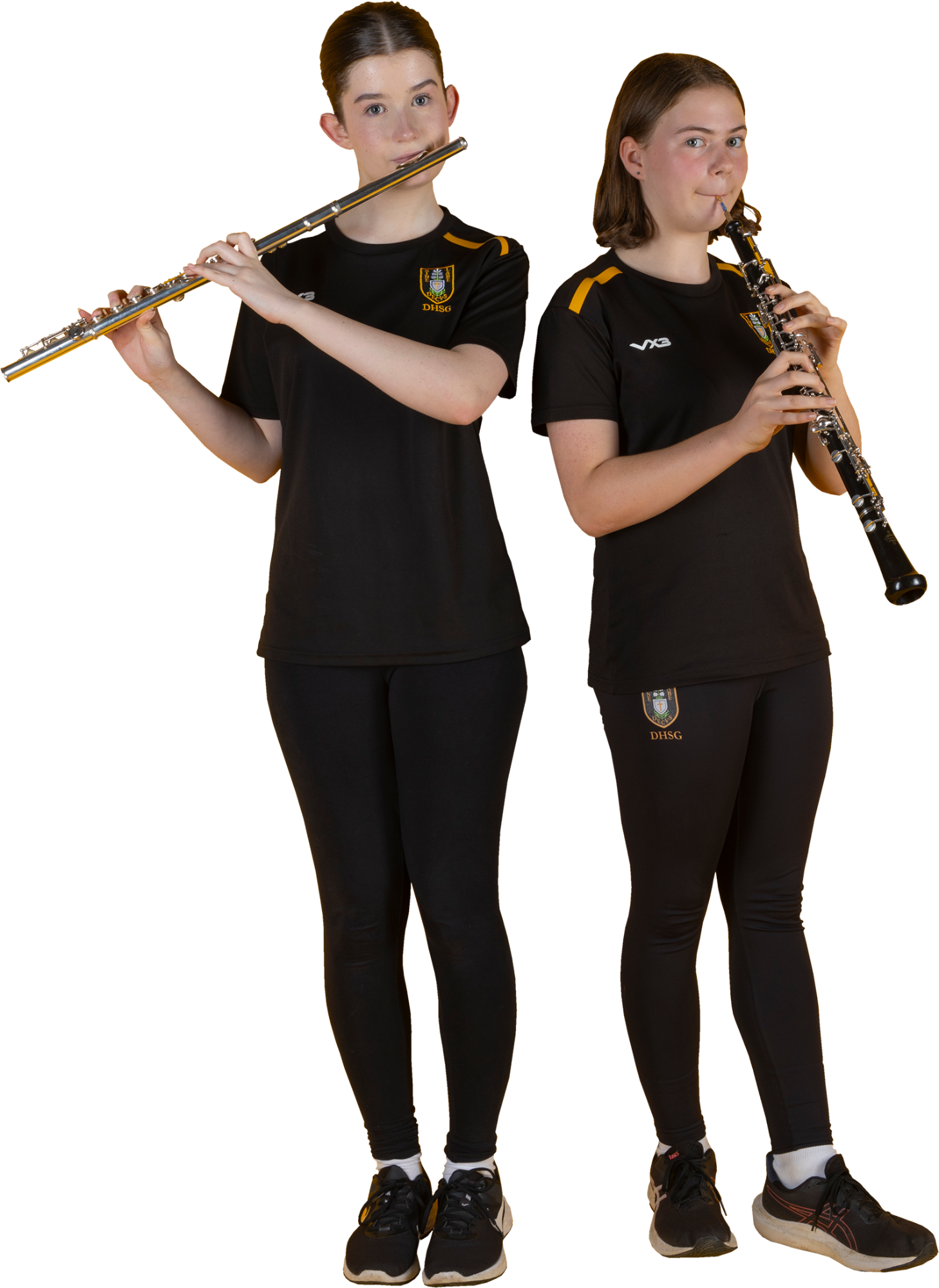Classical Civilisation
Classical Civilisation
Classical Civilisation speaks to us from a distance of around 5000 years ago, however its influence on our law, culture, society, politics and literature are just as strong as ever. It helps to provide a strong moral dimension to students’ learning, as well as making them more well-rounded scholars in terms of the social, political and economic dimensions of our world.
Our curriculum is carefully planned, implemented and reviewed so that students have the knowledge rich approach of building component knowledge, which is assessed along the way, culminating in composite knowledge reflective of the high standards and ambitions we set for our learners towards their journey of being critical scholars.
In Unit 1, students will study Myth and Religion from 3000 BC to 500 AD, drawing comparisons between both Greek and Roman society. The unit looks at the importance of myth and religion across both the Greek and Roman worlds, and human’s relationship with the divine. Many people have a fascination for the mythological stories of the Ancient World, and as such, our syllabus is designed to draw on the narratives that shape much of western literature, like Shakespeare, today.
Students also explore the role of myth and religion in everyday life for Greeks and Romans. Here students will engage with visual and literary sources, and will look at artwork, temples and other religious sites, but also draw on contemporary writing from the likes of Homer and Virgil to understand the topicality that myth and religion had for Greeks and Romans.
Students can explore an ancient time from all aspects of written and visual stimuli to engage with a narrative on a very personal level, and find a level of appeal and engagement to engender inquisitiveness and curiosity for the classical world.
In Unit 2, students look at War and Warfare again from the both Greek and Roman times. It looks at wars that were fought for the supremacy of Greece, but also the rise of the Roman civilisation as well and how warfare developed as time went on as much an integral part of Greco-Roman life as myth and religion, and often how the two were intertwined. For Unit 2, students engage with a range of classical literature from the likes of Homer and Virgil to pavilion their understanding of the topical issues about war and warfare that many of the time faced.
The curriculum for Classical Civilisation has been carefully planned to build component knowledge to a composite whole, allowing students to engage in a captivating narrative over a 3500 year period. On the way, students will develop their knowledge in both a component and composite way, building expertise through recall and disciplinary language, but also developing essential skills in analysis and evaluation of sources, as well as structuring extended answers in a dispassionate and argumentative way. It serves as an excellent companion in terms of cross-curricular skills to subjects such as English, History and Religious Studies, as well as Drama and Art, making it a subject worthy of the most serious of scholastic students.

